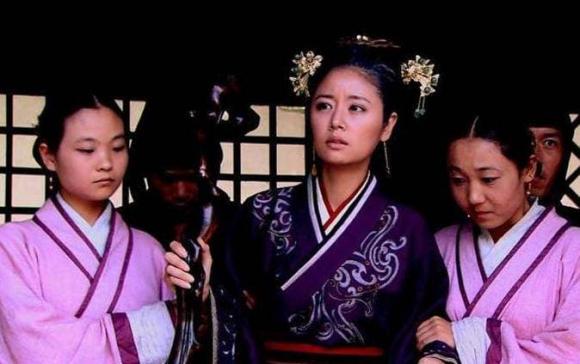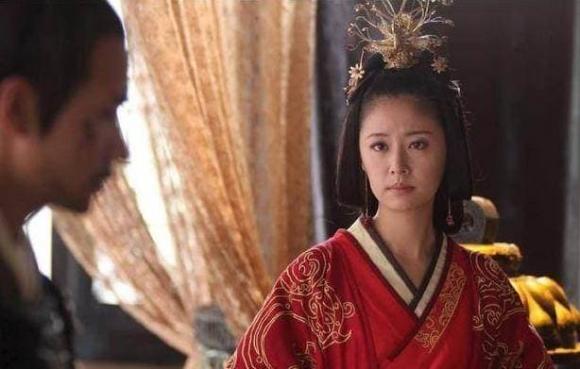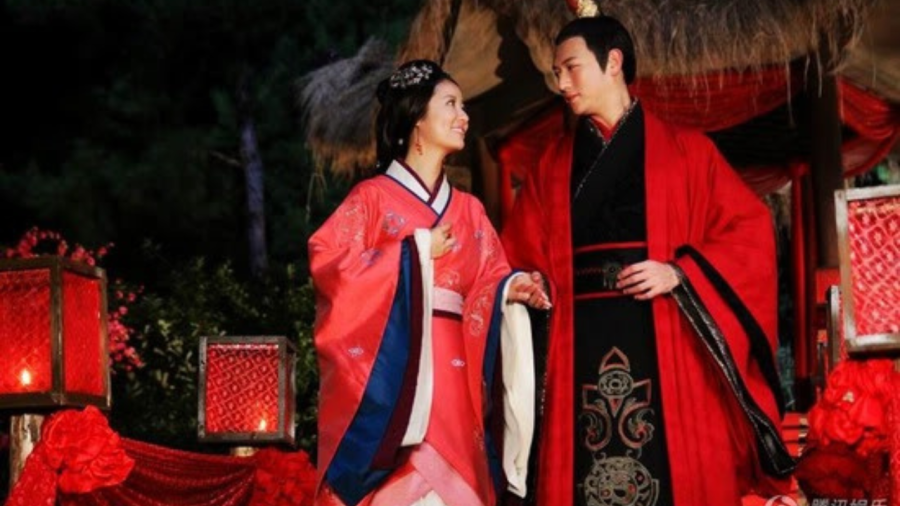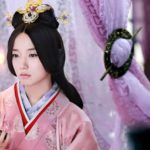Meet Queen Dou (205 – 135 BC), also known as Dou Y Phong. She was the sole empress of Emperor Wen of Han, Liu Heng, and had a significant impact on the golden age of the Han dynasty.
According to the Secret Biography of Tu Ma Zhi of the Tang Dynasty, Dou Y Phong came from a poor commoner family. In order to support herself and her family, Dou Y Phong relied on her natural beauty to enter the palace and become a court lady serving noble women in the imperial harem.

Queen Dou Y Phong
Dou Y Phong entered the palace and was assigned to serve Empress Dowager La Tri. Due to her gentle and graceful demeanor, Dou Y Phong quickly gained the affection and trust of Empress Dowager La Tri. Although she was always worried about being punished, her life was now like a paradise compared to the days of poverty. Her job was relatively easy, cleaning the rooms and preparing tea in Empress Dowager La Tri’s chamber. Since entering the palace, Dou Y Phong lost contact with her family.
After the death of Emperor Gao of Han, Empress Dowager La gained more power and became the regent ruler. In order to please the princes and dukes, Empress Dowager La decided to gift beautiful women to them. Upon hearing this news, Dou Y Phong used all her savings to bribe the eunuchs. She hoped to be sent to the country of Zhao to find her relatives.

She hoped to be sent to the country of Zhao to find her relatives
The eunuch who received Dou Y Phong’s money didn’t pay attention to his work. He wrote the wrong destination, changing Zhao to Dai in the travel documents. As a result, Dou Y Phong was sent to the faraway country of Dai. Unable to resist the order, Dou Y Phong had to accept her fate. However, this incident completely changed her life.
After arriving in Dai, Dou Y Phong became the concubine of Prince Liu Heng, the fourth son of Emperor Gao of Han. Thanks to her beauty, gentleness, and knowledge of etiquette, Dou Y Phong became more and more loved by Liu Heng. Later, she gave birth to a daughter, Liu Phieu, and two sons, Liu Kai and Liu Vu.
After the death of Empress Dowager La, the nobles rebelled, exterminated the Lao clan, and dethroned Emperor Hui, the grandson of Empress Dowager La. The country could not be without an emperor, so the nobles decided to crown Prince Liu Heng as Emperor Wen, the Emperor of Han.
At the time of Liu Heng’s ascension, there was still no empress in the main palace, thus there was no empress. One year later, Emperor Wen of Han Liu Heng appointed Liu Kai as his crown prince. A few months later, Dou Y Phong became the Empress of Han, her daughter Liu Phieu was appointed as Princess Quan Dao, and her second son Liu Vu was appointed as Prince Dai, later changed to Prince Luong.

Dou Y Phong became more and more loved by Liu Heng
In 157 BC, Emperor Wen of Han Liu Heng passed away at the age of 47. Crown Prince Liu Jie succeeded him, becoming Emperor Jing of Han. The period of Emperor Wen and Emperor Jing is known as the era of Wen Jing’s rule, during which the nation prospered and the people lived in peace.
In 141 BC, Emperor Jing of Han Liu Jie passed away at the age of 47. Crown Prince Liu Zhi succeeded him, becoming Emperor Wu of Han, and Empress Dou was honored as Empress Dowager. At this time, Emperor Wu of Han Liu Zhi was still young, so Empress Dou actively participated in political affairs. Empress Dou had a significant influence on Emperor Wu of Han’s political policies – he was considered a talented emperor who strengthened the ruling regime and opened up to the outside world. Under the reign of Emperor Wu of Han, the Han dynasty experienced great political and military developments.
The Queen who remained loved by the King: Crowned as Empress while the Emperor still lived.
Throughout history, there have been countless tales of beautiful women who captivated the hearts of kings and emperors. These women possessed not only physical beauty but also intelligence and cunning, using their wits to secure power and ensure the success of their offspring. One such remarkable woman was married to a king, yet her influence extended far beyond her role as a wife. She skillfully navigated the complex world of politics and intrigue and, through her clever tactics, managed to secure the throne for her son, who would later become a renowned emperor. Her abilities to captivate, strategize, and thrive in a male-dominated world set her apart from others. She truly was a force to be reckoned with, earning the adoration and favor of the king, as well as the respect and awe of those around her.



































